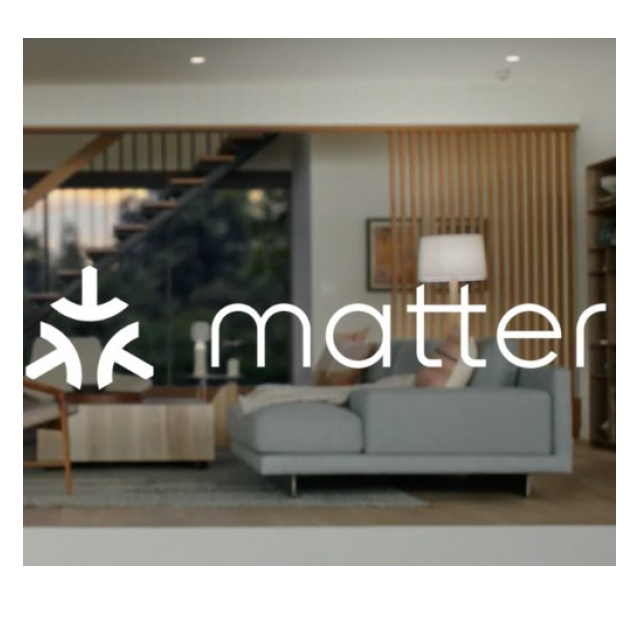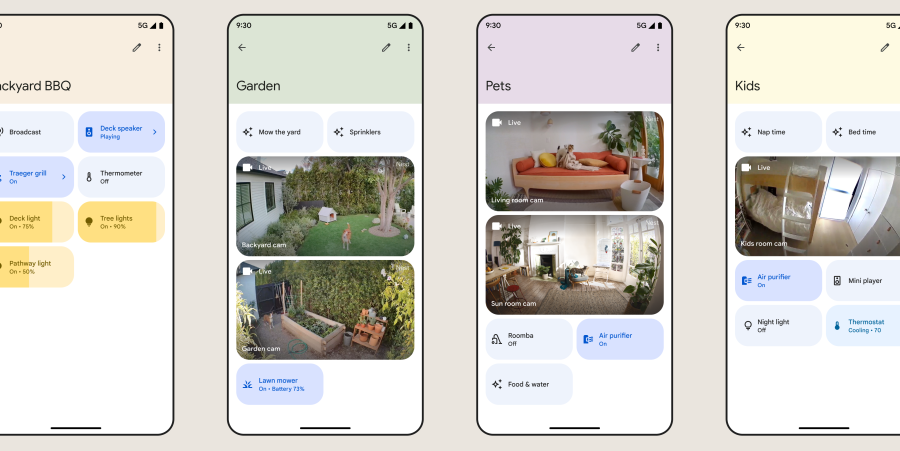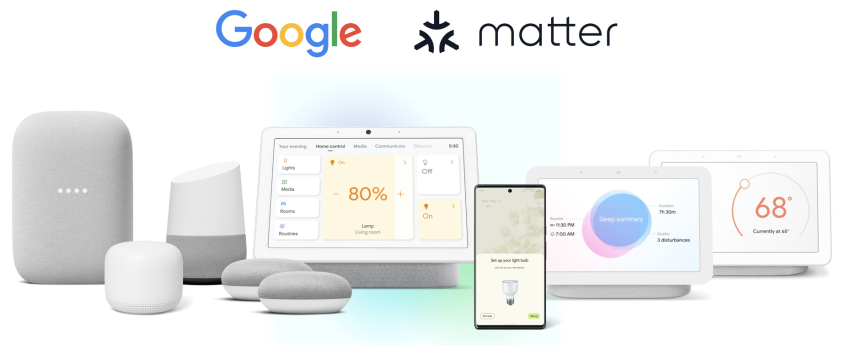
The new smart home standard Matter promises to simplify the installation and operation of various smart devices from hundreds of brands. This is what you can expect from Matter.
 |
|
|
Matter is an initiative of hundreds of tech companies |
Matter is an initiative of a partnership of hundreds of – partly competing – tech companies. This partnership is called the Connectivity Standards Alliance, or CSA for short. Years ago, CSA presented the plan to develop one new smart home standard that allows smart gadgets from all those brands to work together. Those gadgets now work with different smart home standards, so you often need a different app for each brand and products from competing brands cannot or hardly talk to each other. Examples abound. Want to add your brand new smart thermostat to Apple’s handy HomeKit app? Then the thermostat in question must be suitable for HomeKit, and not all of them are. And put your new robot vacuum cleaner to work by talking to your Apple HomePod Mini speaker? There is a good chance that after some Googling it turns out not to be possible.
 |
|
Thanks to Matter you can control your entire smart home from one app |
True potential untapped
And that bumbling also exposes another pain point of domotics or home automation. For you as a consumer, when purchasing a smart product, it is often not clear what it can (not) do, and with which brands the manufacturer (does not) collaborate. A manufacturer may close its ecosystem in the hope that you will buy more gadgets from the same brand, or another manufacturer may not want to cooperate. In practice you notice that the true potential of your smart security camera, thermostat or lighting remains unused.
The frustrating feeling after some fiddling around reflects negatively on the brands in question and the image of the smart home. It is therefore no surprise that the industry is eager to develop a single common standard. This also simplifies the development process for brands, so that they can focus on developing real innovations. Another advantage of Matter is that the smart home standard works completely locally and is therefore not dependent on an internet connection.
To test
More than 280 brands, including Samsung, Google, Amazon, Apple and LG, have committed to developing a smart home standard that works with various product categories from all those companies. In recent years, the technical Matter standard has been developed. Matter uses the Internet Protocol (IP), a standard that allows smart devices to communicate with each other. Matter works via WiFi and via Thread, a separate protocol. Interesting material for enthusiasts, but for the average consumer it is more fascinating to know that you will soon be able to install and operate all suitable products with your iPhone or Android device with one app.
And that’s not just new products coming out in the future. In the past year and a half, the participating brands have tested whether their existing smart home products can handle Matter. Due to technical limitations, not all gadgets can get a Matter update. Brands themselves announce which existing products will not receive an update.
An app
There are plenty of popular gadgets suitable for Matter. Think of the Google Home speakers and Google Nest Hub screens, the Philips Hue bridge, Apple HomePod Mini, Amazon Echo speakers and household products in all sorts of categories. They will receive updates that add Matter support in the coming months. An example: if your Google Nest Hub supports Matter, you can add the bulb in the Google Home app after buying a Matter-enabled smart lamp. It is no longer necessary to install the app of the relevant brand and create an account there.
 |
| Google is one of the companies that directly embraces Matter |
now available
Although CSA has worked for years on the creation of Matter, the official launch is only the starting signal for the smart home standard. Because now that Matter is actually available for domotics, consumers will – if all goes well – experience the benefits of the smart home standard. Supported products can now be installed and used via a single app, regardless of brand. You also need one voice assistant to make smart gadgets from different brands work together. Which does not mean that the participating brands kill their own platforms. The Google Assistant voice assistant, Amazon Alexa technology and Apple’s Siri and HomeKit will continue to exist. Matter only bridges the platforms.
As mentioned, brands use this period to indicate which existing products will receive a Matter update, and they will also roll out those updates. Meanwhile, the first gadgets that are standard suitable for Matter appear in the shops. You can recognize them in particular by the Matter logo on the sales packaging. More than 190 products have already been certified by CSA – both existing and new products. Eve, Somfy, Nanoleaf and Tuya, among others, have already had smart gadgets certified. Tuya is the main supplier of smart, cheap products to stores such as Action, Lidl and Kruidvat. As a consumer, you will therefore have more and more choice, especially if major brands such as Samsung, Google, Apple, Ikea and Philips Hue will soon also be releasing Matter products.
Innovations
Matter currently supports the product categories smart plugs, lamps, thermostats, switches, locks, air conditioners, sensors, TVs and other media devices and blinds. The umbrella organization CSA is now testing other categories, including robot vacuum cleaners and security cameras. Other categories such as carbon monoxide detectors, smoke detectors and motion detectors should follow later this year. Matter is therefore a long-term project of the industry that is becoming more and more complete. It will therefore take a while before your entire house is filled with products that support Matter. Assuming you even want to, of course.